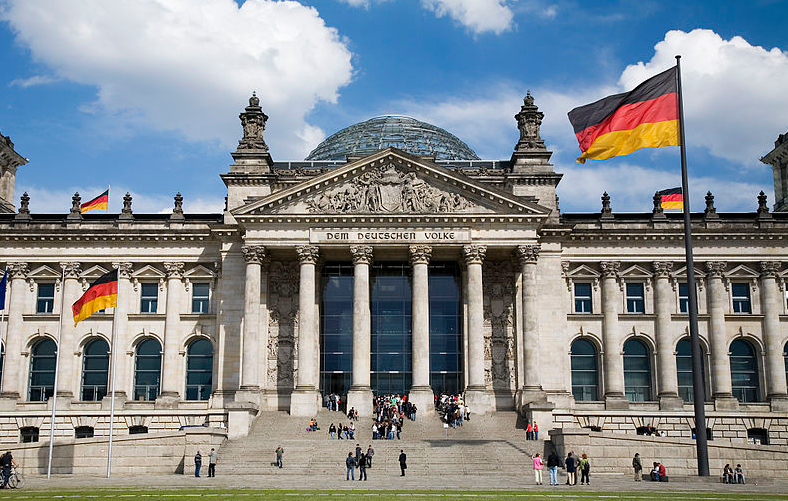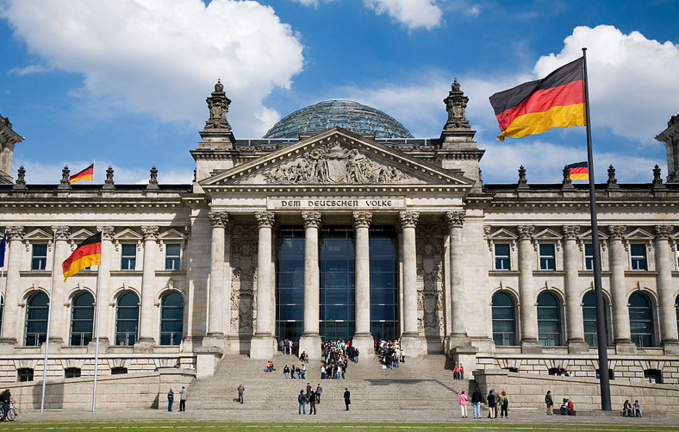According to the latest statistics from the European Union, Germany is the largest taxpayer in its coffers. In 2015, Germany paid € 14.3 billion more than received from all Brussels funds. At the same time, Poland received € 9.4 billion more than paid. Other countries also have learned economic benefits of membership in the European Union. Among them are the Czech Republic (€ 5.7 billion), Romania (€ 5.2 billion), Greece (€ 4.9 billion) and Hungary (€ 4.6 billion). Besides Germany, the main donors of funds for the EU were the United Kingdom (€ 11.5 billion), France (€ 5.5 billion), the Netherlands (€ 3.7 billion) and Italy (€ 2.8 billion). At the same time, the European Commission is convinced that Brexit will lay even greater financial burden on the donors’ shoulders.
These figures made deputies of the European Parliament from Germany to speak about new reforms. "Payments to countries that do not adhere to European law, or to states, which are not cooperating in the reception of refugees, must be reduced," - said Head of the Budget Control Committee of the European Parliament Inge Grässle to Die Welt on Wednesday, 10 August.
Alexander Graf Lambsdorff, Deputy head of the European Parliament, member of the German Free Democratic Party (FDP), also spoke in favor of this approach. "Under the planned inspection of the EU budget, the Government of Germany should ensure aligned behavior and respect for European values from the part of the recipient countries, such as Poland and Hungary", - he said, stressing that the EU countries, which are not going to cooperate, should be put under financial pressure.
Poland, Hungary and other countries refused to participate in the uniform distribution of refugees within the EU. In addition, the government in Warsaw has conducted a reform that limits powers of the Constitutional Court and ensures the democratic process in the country.
Meanwhile, Bloomberg experts say only few European countries after change of government will be able to overcome existing problems, such migrants, a severe economic crisis, terrorism, increasing attention to populist parties and many other. Germany can be first to "drag" Europe on the bottom.
According to a survey conducted by the agency, Germany can indeed become a major source of problems in the next year. The experts are paying particular attention to federal states of Mecklenburg - Western Pomerania and Berlin, where representatives of the Eurosceptic party "Alternative for Germany" (ADH) are expected to get the most votes. Result of the popular vote will show whether ADH will extract political benefits from the recent terrorist attacks in Germany, and whether it can build up opposition to Merkel's migration policy.
source: dw.de, bloomberg.com
These figures made deputies of the European Parliament from Germany to speak about new reforms. "Payments to countries that do not adhere to European law, or to states, which are not cooperating in the reception of refugees, must be reduced," - said Head of the Budget Control Committee of the European Parliament Inge Grässle to Die Welt on Wednesday, 10 August.
Alexander Graf Lambsdorff, Deputy head of the European Parliament, member of the German Free Democratic Party (FDP), also spoke in favor of this approach. "Under the planned inspection of the EU budget, the Government of Germany should ensure aligned behavior and respect for European values from the part of the recipient countries, such as Poland and Hungary", - he said, stressing that the EU countries, which are not going to cooperate, should be put under financial pressure.
Poland, Hungary and other countries refused to participate in the uniform distribution of refugees within the EU. In addition, the government in Warsaw has conducted a reform that limits powers of the Constitutional Court and ensures the democratic process in the country.
Meanwhile, Bloomberg experts say only few European countries after change of government will be able to overcome existing problems, such migrants, a severe economic crisis, terrorism, increasing attention to populist parties and many other. Germany can be first to "drag" Europe on the bottom.
According to a survey conducted by the agency, Germany can indeed become a major source of problems in the next year. The experts are paying particular attention to federal states of Mecklenburg - Western Pomerania and Berlin, where representatives of the Eurosceptic party "Alternative for Germany" (ADH) are expected to get the most votes. Result of the popular vote will show whether ADH will extract political benefits from the recent terrorist attacks in Germany, and whether it can build up opposition to Merkel's migration policy.
source: dw.de, bloomberg.com



















